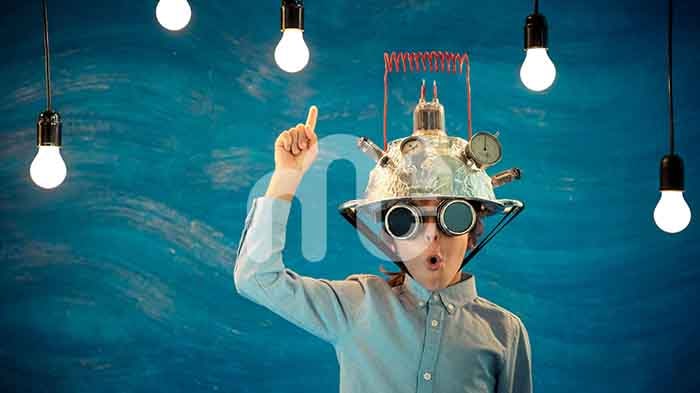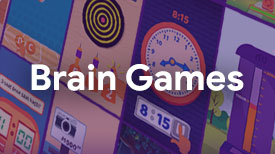What is Industry 4.0? Everything you need to know about Industry 4.0's Impact on Education
WHAT IS EDUCATION 4.0?
Education 4.0 is a new experience-based education system that uses digital technologies instead of the rote-based system and responds to the needs of the new world through personalised education. This system, which envisions the training of new generations to meet the needs of Industry 4.0, brings together technology, individuality, and discovery-based learning. It also prepares your children for their future jobs.
The MentalUP Educational Games App, which is based upon Education 4.0, opens the doors of a new world of education for children. Thanks to MentalUP, which helps children learn through experiences rather than memorisation, children can develop their thinking and learning skills in a fun way.
According to current research, the knowledge that people discover and experience themselves is more long-term compared to memorized values. Playing a simple ball game in gamified educational apps for kids can make them learn the laws of gravity and angles without realizing it.
Starting with the example above, we can ask ourselves the following question:
If a computer game is unwittingly able to teach these concepts to children in an experiential way, why not apply it to their education too?
This question leads to the emergence of the Education 4.0 approach, as well as the question of how to develop qualified professionals that the world of Industry 4.0 needs.
So what was Education 1.0, Education 2.0, and Education 3.0, and why are they different to Education 4.0? The following table will help you understand:
| Education 1.0 |
Education 2.0 |
Education 3.0 |
Education 4.0 |
|
|---|---|---|---|---|
| Process | Performance-Oriented | Subsidiary | Innovative | Always Emerging |
| Person | Young Executive | Young to Middle Age Executive | Young to Middle-Aged to Older Executive | Stakeholders |
| Tools/Tech | Fast | Better | Faster, Better and Cheaper | Faster, The Best and Intelligence |
| Management | Left Brain | Right Brain | Whole Brain | Accelerated Learning |
| Goal | Process-Based | Exhibitor-Based | Skill-Based | Human-Based |
| Year | 1970s | 1990s | 2000s | Present |
What is Industry 4.0? What is the Importance of Education 4.0?
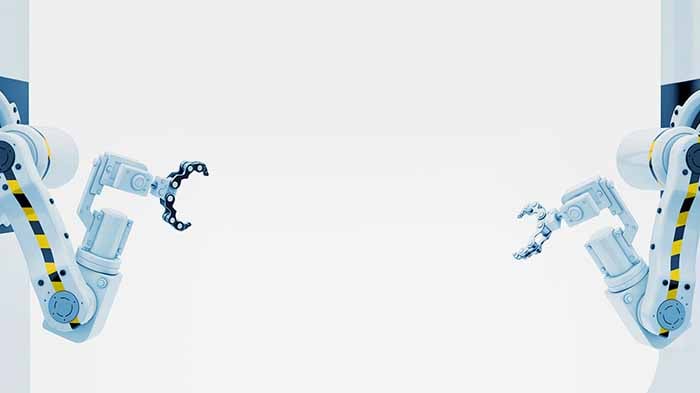
Industry 4.0 is the name given to the new fourth industrial revolution that emerged with the control of production processes by data-supported scientific methods and intelligent production structures. Since the first industrial revolution, our view of the world has been constantly changing.
You want to know how?
- Industry 1.0(1784): Based on water and steam-powered mechanical production equipment.
- Industry 2.0(1870): Based on the division of labour and mass production through the use of electrical energy.
- Industry 3.0(1969): Based on the use of electronic and information technologies to further automate production.
- Industry 4.0(nowadays): Based on the use of cyber-physical systems to lift the boundary between the real and the virtual world.
Industry 4.0 is the door to the modern world, and includes Cybernetics, Robotics, Big Data, Nanotechnology, Artificial Intelligence, Automation, Global Citizenship, Digital Age and many more concepts to our lives.
What does Education 4.0 offer for Industry 4.0?
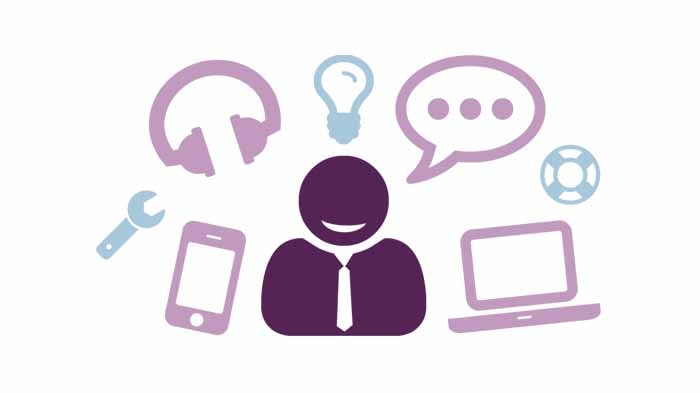
With Education 4.0, the concept of education changes completely and some new trends appear that we are not familiar with. The new education system, built on success in life and not on exams, draws attention to the necessity of personalised education. Some novelties that Education 4.0 for Industry 4.0 offers are:
1- Time and space-independent education
Students have the opportunity to learn wherever and whenever they want. Thanks to new interactive learning tools, education is now space and time-independent. While the theoretical dimension is learned outside the classroom, face-to-face practical learning is carried out in the classroom.
Students' need and dependence on buildings surrounded by stone walls, which we call a “class” or “school”, are diminishing. Likewise, with the advantage of time independence, a child can undertake their education through e-learning tools and edutainment from their room.
Individuals who learn the theoretical part of their education on their own and in a digital environment can transform their knowledge into real-life experiences through practical project-based activities in the classroom.
2- Personalised learning
Students will receive personalised learning through special tools adjusted to their capabilities. In this way, a student who has difficulty in understanding what many children can easily absorb will be able to improve at their own pace.
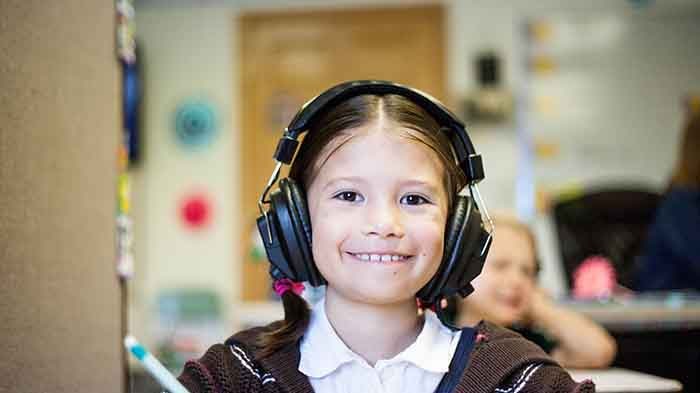
Intermediary software will not advance lessons until the student is ready. This advantage of personalised learning means that students who experience learning difficulties at school will feel more supported in overcoming their challenges.
When performance graphs are obtained from this software and examined by teachers, it is possible to understand better the subjects that the student has a predisposition towards. Teachers can then easily and effectively determine the subjects in which the student is stronger or weaker.
NOTE: MentalUP is an interactive training app that provides a personalised learning experience in accordance with the requirements of Education 4.0. MentalUP offers fun and educational intelligence games according to the user's level.
As you complete the exercises on developing memory, attention, logic, visual and verbal intelligence, the comprehensive performance report allows you to easily identify areas in which the student is successful, susceptible or weak (which can be improved on the app).
3- Learning flexibility
Traditional education systems apply the same model for each student. Education 4.0 believes that there is no drawback in trying different paths as long as it reaches the same goal.
From Education 1.0 to Education 3.0, the same curriculum was offered to all students with the same teaching styles. Although more efficient methods were used in Education 3.0, the necessary flexibility could not be provided.
In Education 4.0, a flexible global education model is recommended for every student. Teachers can use online data to track and measure the results of their students and then provide personalised guidance based on their specific strengths and weaknesses.
With successful orientation, each child will become more successful in the areas they are predisposed towards and will develop their weaknesses through their own flexible education plan. A successful student in mathematics can complete their development in a weaker verbal field with a personalised and flexible learning plan.
4- Project-based learning (MAKER)
In order to prepare children for the future freelance work model, students need to become familiar with project-based learning and study models. In other words, students have the chance to apply what they have learned on a real project, instead of writing answers on paper.
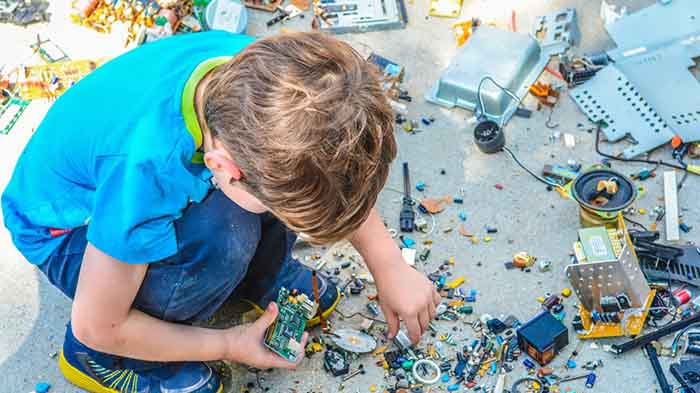
In the field of learning called Maker, the individual is transformed into a self-sufficient person by using their talents effectively and in a fun way in many areas, especially technology. Maker culture aims to prepare children for the future via fun.
Through project-based learning, children can improve the below abilities and develop themselves in these areas of great importance throughout their academic career:
- Problem-solving
- Being solution-oriented
- Collaboration and teamwork
- Time management
An example of Maker work is programming-based robotic designs that students develop to perform a specific task.
5- Data interpretation
Mathematics will keep its place in our lives in the future, but this time robots will do these operations instead of humans. The task for people will be to draw insights based on the released data.
The world is developing technologically every day. Information technologies are the biggest opportunity of our future. When future graduates leave university, they may not know their professions but they will know technology very well and be able to respond to the global needs of Industry 4.0.
It is necessary for people to learn competencies such as setting up, managing, developing, collecting, processing, and interpreting data. As one of the important requirements of Education 4.0, students should be able to recognise trends in data and develop recommendations based on the data.
As a result, students should learn to approach standard data from an unusual perspective.
6- Not a single exam, continuous improvement!
In the current system, students are subjected to a question-and-answer exam. According to many educators, this system is only successful in the short-term. After the exam, students forget the memorised information very quickly.
In Education 4.0, the focus is on evaluation instead of exams. Students should use their acquired knowledge as soon as they begin their professional life. The evaluation result will be based on the entire education period instead of one exam.
Likewise, students are expected to produce continuous Maker activities and put what they have learned into practice. Children learning to code can develop a calculator or a game that they can use in their daily lives, instead of just mastering theoretical knowledge. These projects will contribute to transforming theoretical knowledge into practical experience and storing it in long-term memory.
7- Curriculum with student participation
In Education 4.0, students will be involved in the creation of curricula. This is because maintaining a contemporary, up-to-date and useful curriculum will be important to professionals, as well as students.
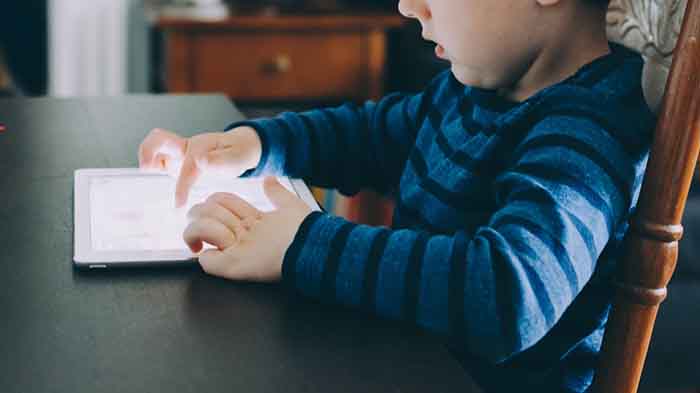
Students' critical input on the content of their courses will help create an all-inclusive study program that matches their interests. This means that in the future, learning curricula will be prepared by teachers and students together. Currently, learning curricula is only prepared by teachers and contains a significant amount of information that is inapplicable to real-world scenarios,
Did you know that 90 percent of Science, Mathematics, Language and History courses are taught through theoretical and distant curricula, and are taught only to pass the exam?
8- Guidance-oriented
It is believed that in 20 years, students' learning process will have a more independent form. In this form, mentoring will gain importance in order for students to improve their education in a healthy way.
Students can achieve the highest level of academic performance under the mentorship of teachers. According to long-term estimates, after 20 years, teachers will play a key role in education as mentors rather than simply distributors knowledge.
“If we educate today's students as if they were living yesterday, we'd steal their tomorrow.”— John Dewey
APPLICATIONS OF EDUCATION 4.0
Under what conditions will your children start their schooling? When they graduate from college, will they be in a profession that does not yet exist? Will they need to have multiple professions throughout their career?
The new generations will be expected to respond to the needs of Industry 4.0. They will need to be confident with technology, and be continuously learning and self-improving individuals by protected from technology addiction. You can use a screen addiction test to tell the difference.
With the introduction of the concept of Industry 4.0, many institutions from all over the world have started to comply with the requirements of Education 4.0. Leading institutions in education, including Stanford University, have rolled up their sleeves to make the transition to Education 4.0.
Although there are insufficient regulations around the requirements of Education 4.0, parents who want their children to succeed in Education 4.0 can do so with the help of Maker academies.
NOTE: Leading educational institutions who have adopted an innovative education approach in accordance with Education 4.0, have benefitted from MentalUP in supporting their students' cognitive abilities.
Used by millions of people, MentalUP aims to support your child's learning process with personalised fun exercises. MentalUP is an Education 4.0-compatible app that is TUBITAK-supported and holds a pedagogical product certificate.
In addition to a formal education, families who want to introduce their children to Education 4.0 should also consider cultural institutions such as Science and Art Centers.


